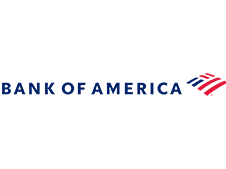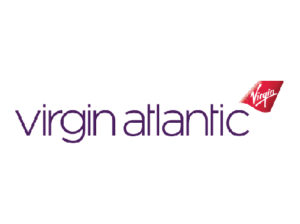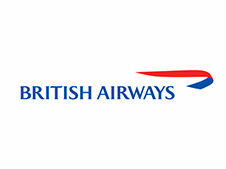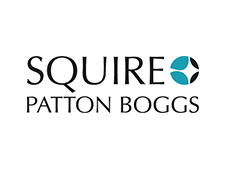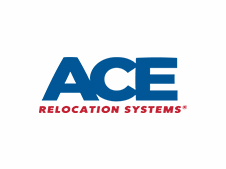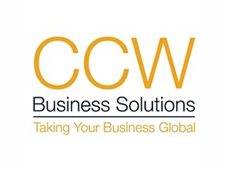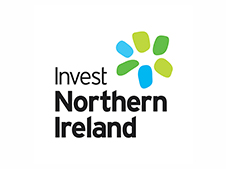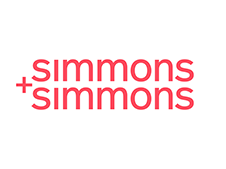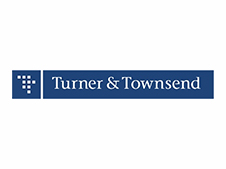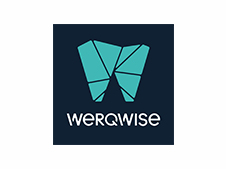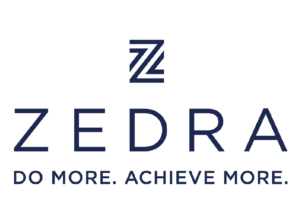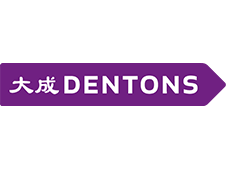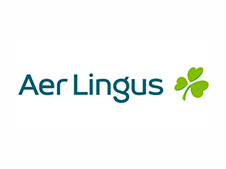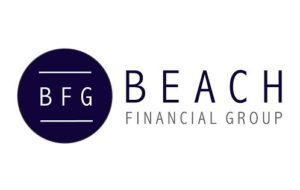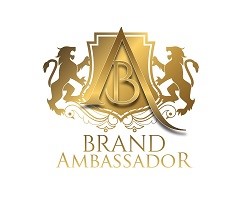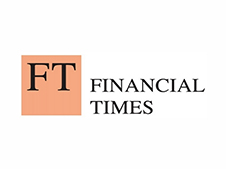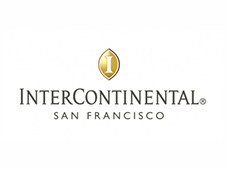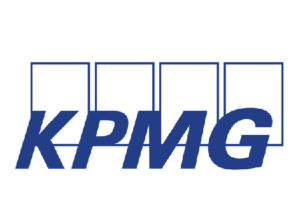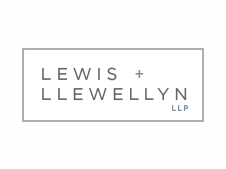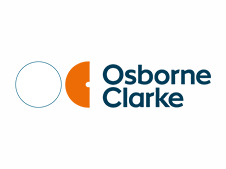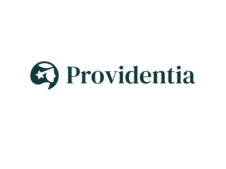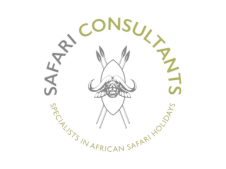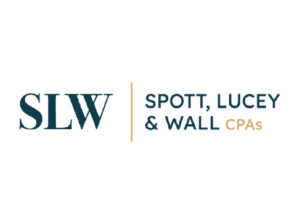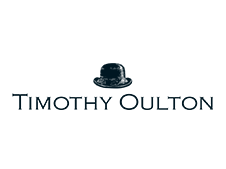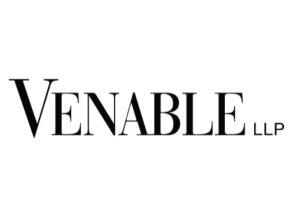On the 13th of November, there was Global Words of Wisdom panel on International Workforce Alignment and Maintaining Your Company’s Culture. 3 organizations were involved, Fitzgerald & Law, Ace Relocation and Werqwise as respectively platinum, gold and venue sponsors.
There was a strong turnout from a variety of industry and external professionals, both networking and listening to our 5 on topic panelists. Food was provided by Wow Dolce and it subsequently went down a success.
The event kicked off with some light networking before the panel which saw interesting discussions related to the topic and Company Culture space in general. Wine, Beer and water were available at Werqwise on 149 Montgomery Street.
With both plates and glasses full our guests took a seat and listened to our sponsors give a small speech on their business and their relationship with the BABC. Kiki Stannard from Fitzgerald and Law expanded on this talking about the 8 year long partnership they’ve had. Next was Richard Clarke from Ace Relocation who’ve been associated with the BABC since 1991 and he himself had been to roughly 20 Christmas Luncheons.
Adrian Bray from AssayCS was the moderator for the event, he opened talking about maintaining your Company’s culture and ensuring consistent operational efficiencies from afar and how it can be a challenge if your satellite teams are not aligned with your internal and external philosophies and brand proposition. Vision, attitude and having the right infrastructure in place are all key components for success in this arena and everyone in an organization has their part to play in protecting your company’s most valuable asset.
Next the panelists were introduced by the moderator, first starting with Kiki Stannard who is a Partner at Fitzgerald & Law, a London based professional services firm. Kiki qualified in tax with PwC and, after a few other roles in between, joined Fitzgerald & Law as a partner six years ago. Fitzgerald & Law provides support for US based clients as they expand globally, with the setup and ongoing HR, accounting and tax compliance and advisory to the UK, rest of Europe and beyond. Kiki’s focuses on the people side of her clients’ businesses including, HR, international assignments, equity incentives and payroll.
On her left was Maya Mancuso who is the US Business Relationships Manager for international law firm Bird & Bird, where she has a focus on helping organizations being changed by technology and the digital world with their international expansion, growth and investment across Europe, the Middle East and Asia-Pacific. She works with US companies expanding to 20 different countries across the globe. This topic is near and dear to her, having previously been the first international employee for a UK company and launching their first overseas office in San Francisco. She started advising US companies on their global expansion by working for London & Partners (not alone), where she helped businesses set up in London as a launchpad for EMEA. She is an advocate for the advancement of women in corporate leadership, and is on the leadership committee for the Bay Area movement for 2020 Women on Boards.
Adjacent to her on the sofa was Isabelle Bicaci who heads up international strategy at OpenTable, which operates in more than 20 countries and has 10 global offices, including a large team based in Finsbury Square in London. Previously she oversaw international expansion at Eventbrite, and before that was on the early people operations team at Square, during the years when they grew from a one-room office to employing over 1,000 people.
She was accompanied by Ling Ling Yee, a seasoned facilities operations leader who thrives on scaling fast-growing early to late stage tech startups.
Adrian Bray then gave an introductory paragraph putting context to the questions to follow. His view is that culture is a 7-letter word that can be used to describe a society’s advancement, manifestations of intellectual achievement, the arts, customs and ways of life as well as biological growth of cells, bacteria etc. It is also used in business and described by some as the glue, the squidgy stuff and the way things happen around here.
The first question asked was the panelists own definitions of Culture, Kiki Stannard shared that it was how an organization treats each other and she put emphasis on the customer supplier interaction. Maya Mancuso seconded this with the idea that culture is an alignment of both your mission statement and brand both internally and externally. Isabelle Bicaci put it concisely as who the business is when the CEO isn’t in the room.
The next talking point was how well do you find culture defined. Ling Ling Yee enthusiastically answered eluding to her background which is in start-up tech companies where we were are often trying to define what our company culture was, the smaller the company, the more iterations on defining it. Sometimes defining it isn’t the hardest part, it’s living it daily. Isabelle Bicaci talked of how she used to consult on people operations for early stage companies and often found herself having to convince founders and executives on why culture matters, before we could even get to the important work of defining it. There is a quote by Peter Drucker “Culture eats strategy for breakfast.” Many companies spend extensive time on their business strategy, but some won’t invest in building a healthy culture and work environment, which studies have shown can ultimately have the most impact on a company’s success. Maya Mancuso agreed adding that the best way to drive culture forward is to send your best and brightest overseas, this influences the way you communicate your brand in external markets.
The next question posed by the moderator was where you have seen company culture who was in charge of it? Kiki Stannard opened with the idea that there can be a focus on culture as if it were part of the organization’s brand. It can fall to the Marketing Team. But where the culture is not strong or broken, then individual teams begin to create their own culture. Again, this comes from the team leaders.
Adrian Bray followed up this topic with, how have you found it best to keep a culture aligned as the company has grown? To which Isabelle Bicaci replied that it’s about bringing values to life, “what is your kool aid?”, A company’s values should be brought to life in the people, events, products, space and the stories that are told. As the company scales it becomes even more important to ensure everyone is brought into the fold.
Adrian Bray also proposed the question of what mistakes have you seen made in aligning and managing a culture, Maya Mancuso talked of how integrating people into your culture starts during the hiring process and during induction. And that it is also important to have weekly/monthly objectives set for overseas staff. Failure to do so can cause rogue decisions and that it’s wise to create an opportunity for them to ask questions about anything they do not understand during the induction phase.
The next topic was cultural alignment and people joining the organization, Maya Mancuso suggested the idea of a buddy system and how it shouldn’t be the person you report to, Kiki Stannard agreed adding companies also need to explain how to be a buddy. She then went on to add that the recruitment process is also key in cultural alignment giving the anecdote of “if I was at the pub with one of your friends what would your friends say about you to me” is a good probing question to highlight their outside of work skills.
Adrian Bray asked for Maya Mancuso’s experience with how people have managed to use the hygiene factors of pay and benefits well and not so well as they expand into new countries? She replied that it is impossible to do a simple equal alignment of pay and benefits across roles in different jurisdictions due to vastly different employment structures and unique regulations in each county, but you do want to demonstrate you have parity from region to region. Consider how you want to be valued in that market as an employer and the purpose of being in the market. She stated that you should look at all pieces of the compensation plans when seeing how balanced it is.
This led to a follow up question of can you replicate a culture identically around the world? Isabelle Bicaci replied to this by saying Would there even be a point in having offices around the world if you wanted them to be identical? Probably not. Just as it’s important to honor the cultural uniqueness of the countries in which you operate, it is essential to honor the uniqueness of each team as well. The important thing is having an aligned mission and shared set of values that everyone can ladder up to and uphold, even though naturally each department and each office will have their own diverse spin on what the culture is to them – which is something to be celebrated!
The final topic of Not everyone has the ability to handle the culture shock of moving to another country, how do you assess people’s ability to handle the move successfully? Was answered expertly by Kiki Stannard. She talked about that before you move anyone to another country you need to be sure that they are the right type of person. For instance, are they generally a needy person requiring lots of support to do their job and expect a high level of infrastructure around them? If so, an assignment is probably not for them. Those who flourish on assignment are those who appreciate the golden opportunity it can bring to their career and life experiences. The type of person who can be a bit self-sufficient and arrange to get a new cell phone, book a flight or work out a travel itinerary without help.
They all then gave one thing to walk away with, Isabelle Bicaci’s was that people are individuals, culture is a collective however noone individually wants to feel like an island. This was followed by Maya Mancuso
The panel was met with a round of applause and an interesting question session followed with topics related to remote workers being a recurring theme.
Overall the evening was a success and you can view the photos here.


